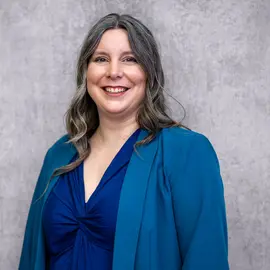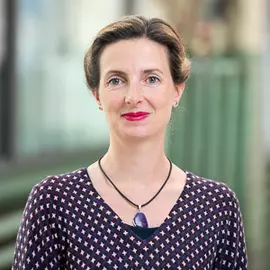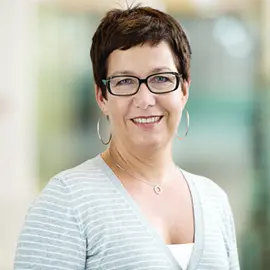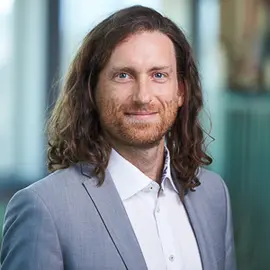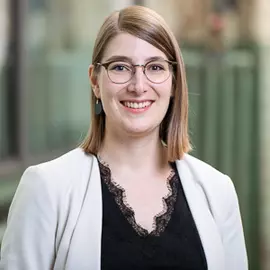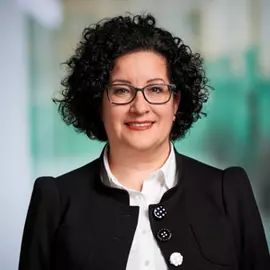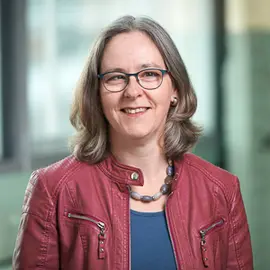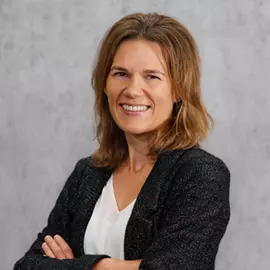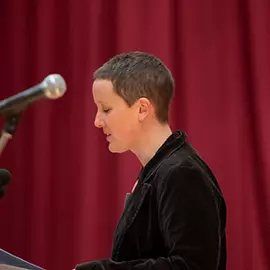About us
Multilingual communication is our profession
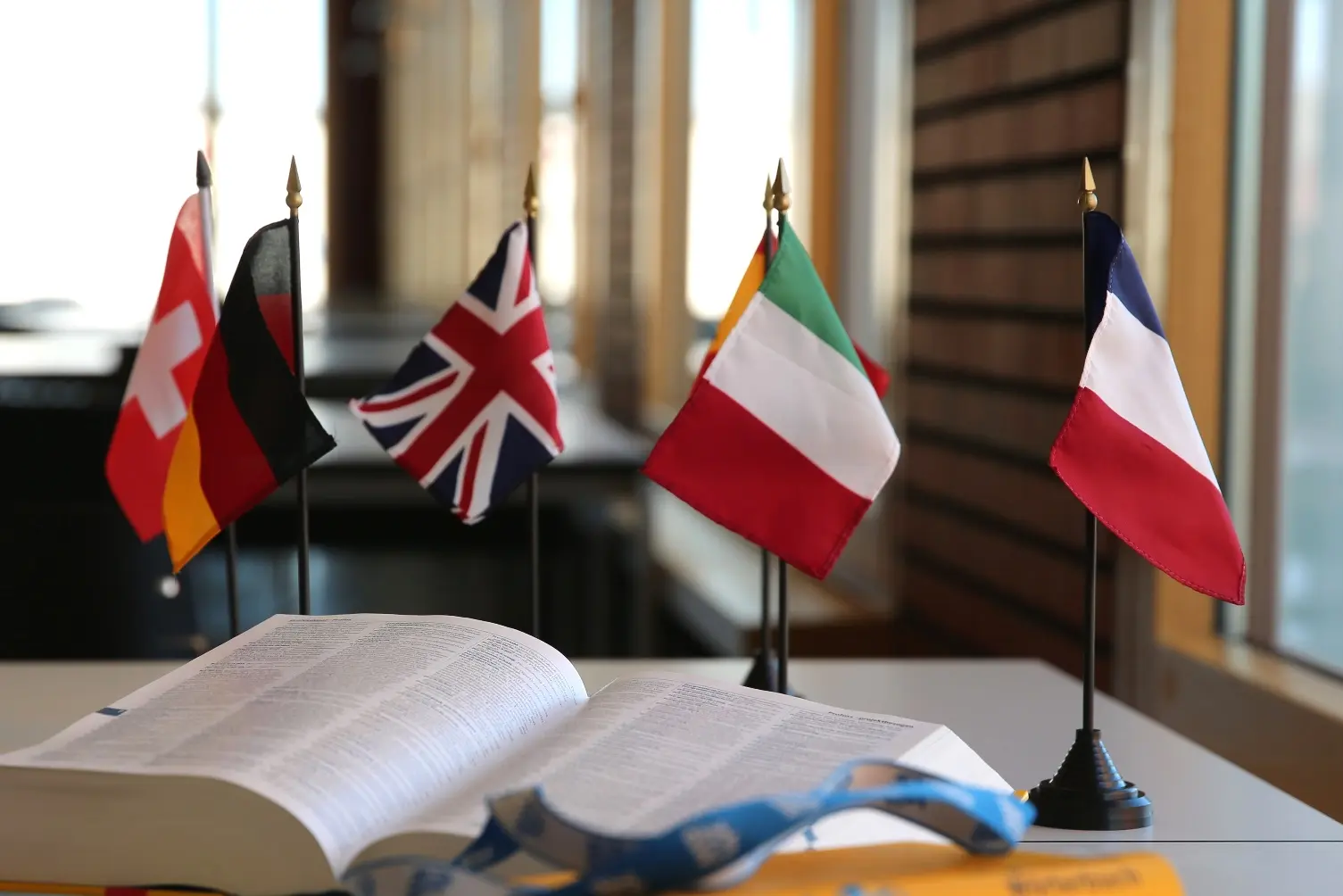
With about 60 members of staff representing 14 different nations, the IUED Institute of Translation and Interpreting reflects the linguistic and cultural diversity of Switzerland. Our core competence is to put this diversity to good use and to mediate between languages and domains on different levels and in different contexts. As part of our focus on multilingualism, we cultivate close relationships with partner organisations and universities, networks, professional associations and industry partners within Switzerland, elsewhere in Europe and overseas.
Our teaching and research staff applies diverse methods to combine theory and practice in their teaching and research activities. Thanks to their involvement in research and experience in a variety of professional environments, they have acquired both practical and theoretical knowledge and expertise which they can pass on to students in our degree programmes and continuing education courses. This expertise also forms the basis of the business and consultancy services we offer.
The IUED was created out of the former Dolmetscherschule Zürich (DOZ), which began training professional translators and interpreters back in the 1950s. With the formation of the Swiss Universities of Applied Sciences in 1998, the DOZ, which was primarily reliant on private funding, became part of the state education system, joining the Zurich University of Applied Sciences in 1998.
Institute Management
Conseil IUED
The Conseil IUED is an advisory council that meets on a monthly basis to discuss strategic issues with the Institute directors. The Conseil is made up of representatives from all sections of the Institute. Representatives act as the point of contact for their sections and may bring issues to the Conseil for discussion.
Das könnte Sie ebenfalls interessieren
There are jobs with languages in Switzerland
The advent of ChatGPT has led to hysterical media headlines proclaiming that generative AI will eradicate the need for jobs that work with languages. While it is true that technology is radically changing the face of the profession, language professionals are still very much in demand.
Machine translation tools are not comparable to calculators
Machine translation tools, such as the translation apps now available for smartphones, deliver many different possibilities. However, it takes human intelligence, linguistic knowledge and cultural expertise to decide which translation fits best.
Technology as a means of breaking down barriers
Sarah Ebling, Professor of Accessibility Studies at the ZHAW, and her team are researching technologies that can automatically translate videos into audio descriptions.
There are jobs with languages in Switzerland
Machine translation tools are not comparable to calculators
Technology as a means of breaking down barriers
The advent of ChatGPT has led to hysterical media headlines proclaiming that generative AI will eradicate the need for jobs that work with languages. While it is true that technology is radically changing the face of the profession, language professionals are still very much in demand.
Machine translation tools, such as the translation apps now available for smartphones, deliver many different possibilities. However, it takes human intelligence, linguistic knowledge and cultural expertise to decide which translation fits best.
Sarah Ebling, Professor of Accessibility Studies at the ZHAW, and her team are researching technologies that can automatically translate videos into audio descriptions.
